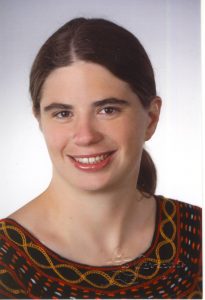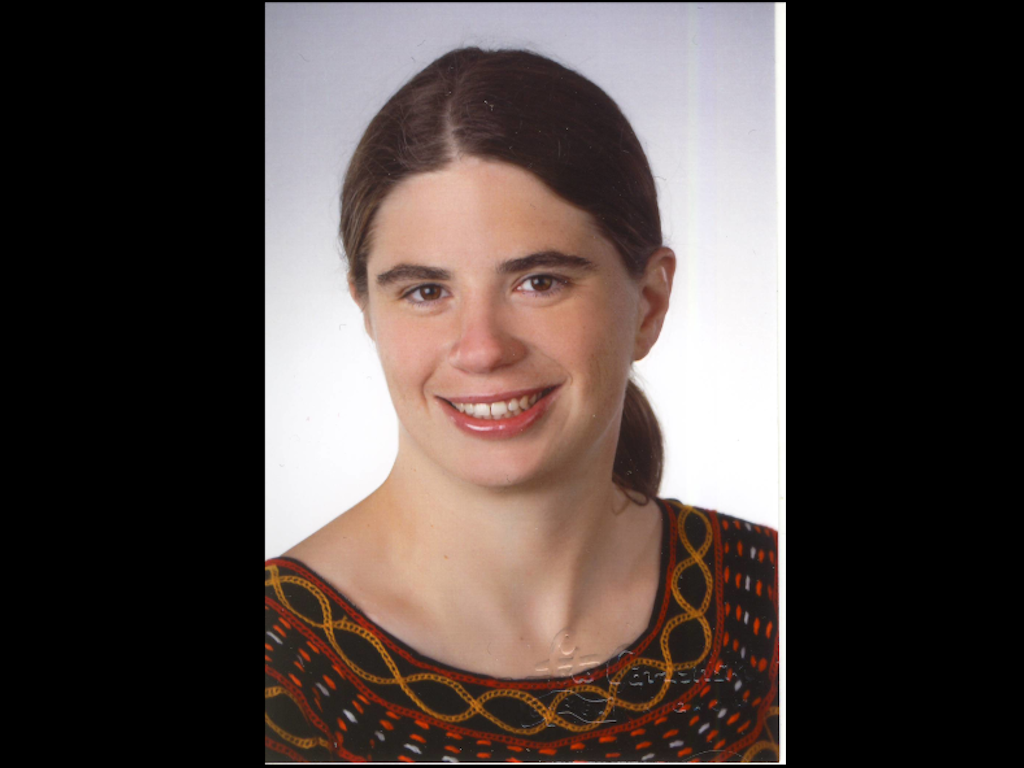We’re taking time to get to know the members of the GSA’s Early Career Scientist Committees. Join us to learn more about our 2020 early career scientist advocates.

Małgorzata Anna Gazda
Career Development Subcommittee (2019/20), Steering Subcommittee (2020-present)
University of Porto, Portugal
Research Interest
Have you ever thought about why canaries sing well, or why carrier pigeons are able to deliver letters? Studying unique systems, where animals were selectively bred for many generations to achieve specific phenotypes, can immensely help to understand the genetic basis of traits. Such understanding of the complete mechanism, from causative genetic change to specific phenotype, has rarely been achieved for many traits, and it is the main goal of my research.
My main research interest consists of using population genetics and genomics to identify genes underlying simple and complex traits, moreover by applying genetic and molecular methods to answer questions of general interest in evolutionary biology. I use next generation sequencing to uncover genes underlying traits of general importance in avian biology and evolution, such as singing behavior, flying performance and orientation, and carotenoid-based coloration. I take advantage of phenotypic variation for the traits mentioned above that exist in domesticated birds, both canaries and pigeons, to map trait variation to the gene level. The detailed knowledge of the genetic basis for traits of high interest (such as athletic performance or singing) will increase our understanding of complex traits and genotype-phenotype interactions. I believe that establishing a direct link between genotype and phenotype is one of the key aspects to understanding evolution.
As a PhD-trained scientist, you have many career options. What career paths interest you the most?
I believe that at this stage of my career, I still have many options to choose from, and I need to train and test myself in different situations and roles. Therefore I truly enjoy learning about a variety of jobs for PhDs in genetics and talking with people who already went through the twists and turns of their careers.
University was present in my life from early in my childhood, since my mum works as a lecturer at the University of Agriculture. Even as a small child, I had the opportunity to assist at her undergrad classes. After all these years, I am still enjoying academic life. Being a scientist gives me a unique opportunity to constantly learn, develop new skills, and explore new ideas. I chose a career path in science, and I believe that this leadership program in the career development section is my first baby step in the direction of developing my own group and research programs. Being active in the program helps me to develop my soft skills such as communication and leadership, and it is a unique opportunity to develop an extensive network of connections in and outside of academia.
In addition to your research, how else do you want to advance the scientific enterprise?
I would like to demonstrate to other people involved in science that there are many ways that they can make a meaningful impact and have a great career, both in a university setting and beyond. A PhD holder is equipped, not only with scientific expertise, but also with a set of universal skills like critical thinking, management, and communication. Following PhD training, one has the potential of transferring these skills to policy, industry, management, or even their own business. I believe that GSA’s blog “Genes to Genomes” can help people realize their potential and reassess their own interest. I hope that my work contributing to these stories of scientists outside academia can be a great step toward guiding others in their career decisions.
As a leader within the Genetics Society of America, what do you hope to accomplish?
I am honoured to be part of the GSA Leadership Program. I have the unique opportunity to contribute my ideas, energy, passion, and creativity toward the significant accomplishments of the Career Development committee. Our focus is to show real examples of careers that started with a PhD and ended in different, sometimes unexpected places. I feel privileged that I can establish meaningful connections with people of many backgrounds, cultures, interests and ideas. I hope our Decoding Life blog is a source of inspiration for young individuals struggling to navigate their own professional lives.
This year I transferred to the Steering Committee, and I am currently serving as a co-chair. This opportunity allows me to further develop my leadership skills, as well as improve the efficiency of our subcommittee’s work by collaborating with all members of the Early Career Scientist Leadership Program. I feel that the GSA is a unique organization where I have found my academic ‘home.’ I personally believe that my experiences gained through participation with the GSA are truly invaluable, as I have established important contacts, learned how to organize virtual seminars, served as a panelist at a workshop, and evaluated travel grant proposals. I am looking forward to future developments in our program and I strongly encourage other early career researchers to consider serving in such committees.
Previous leadership experience:
Ambassador – eLIFE Program
Editorial Team – Genetics and Genomics, Proceedings B Preprint
Editor/mentor- Journal of Emerging Investigators
Organizer – group meetings, Carneiro lab, CIBIO, Portugal
Social Media













